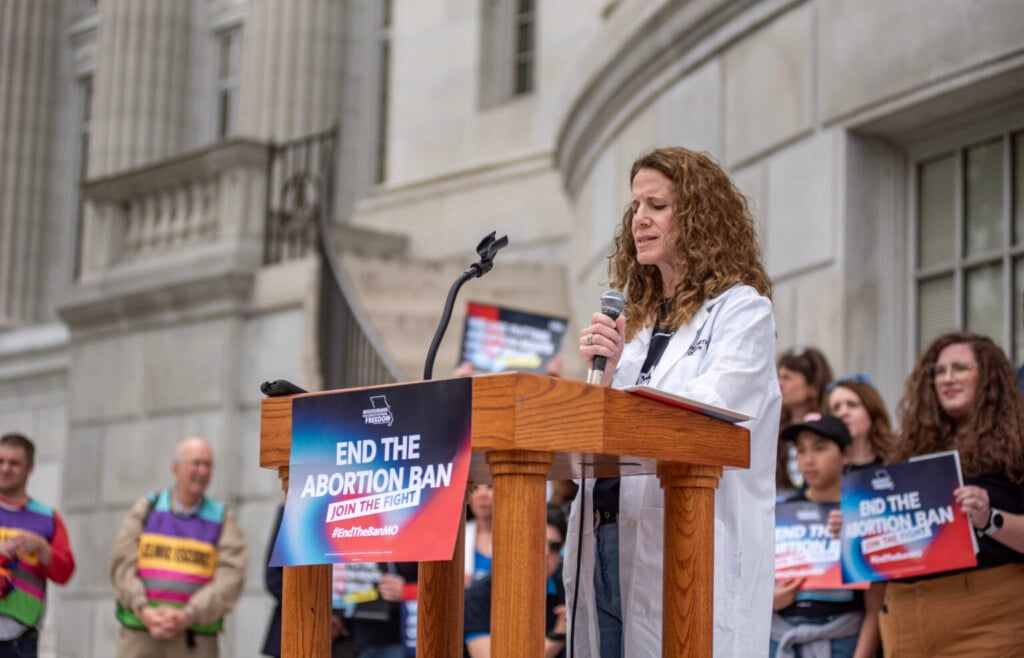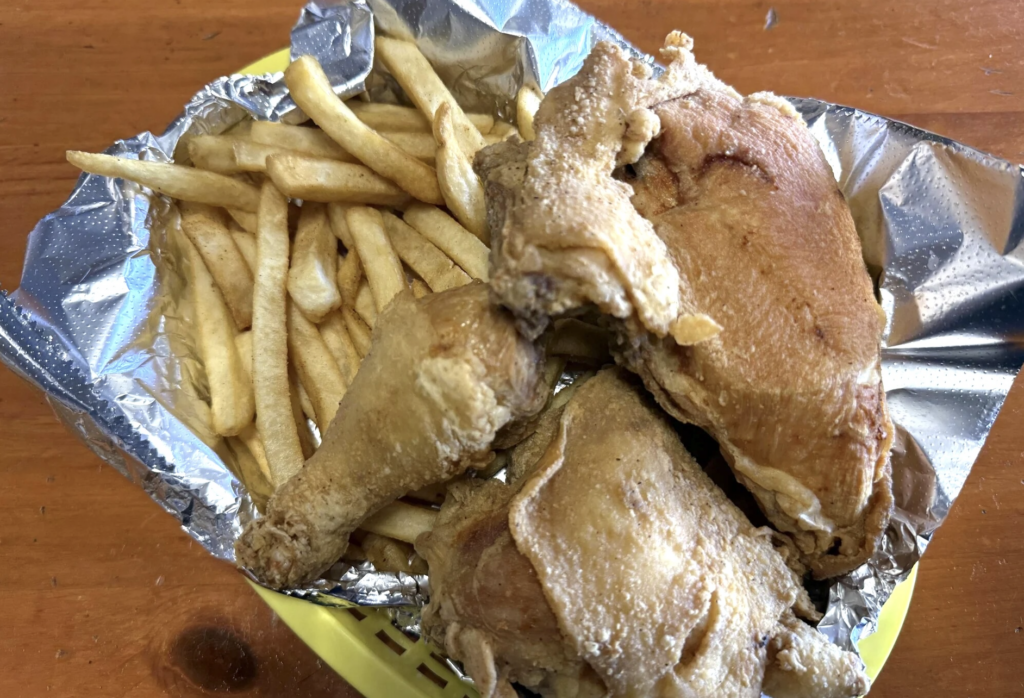Quiet Corral is rounding up local fans with its dusty Americana

The biggest stage that Quiet Corral has played to date was also its first. Last winter, the Lawrence band unleashed its Americana chamber folk in an admittedly strange spot: a sorority parking lot at the University of Kansas.
Delta Gamma’s fifth annual battle-of-the-bands fundraiser, titled (of course) Delta Jamma, took place on a fold-out stage better suited for festivals than for local benefit shows. Lacking enough material to fill a 20-minute set, the band members tuned their guitars with shaky hands, trying to ignore first-gig jitters. Isaac Flynn recalls it fondly.
“We told ourselves we’d never get to play a stage that big again,” he says. “The girls even hand-made this awesome banner that said Quiet Corral with a boot and a cowboy hat, like we were a country band.” Quiet Corral didn’t win the battle but, looking back on the group’s first year, it may have won the war.
One year later, Quiet Corral is mounting a smaller stage for a bigger audience as the opener for Southern-blues outfit the Delta Saints at Lawrence’s Jackpot Music Hall. The venue is packed to shoulder to shoulder — spilled drinks and sweat abound — as band members lug drums, mandolins, guitars and bells onstage.
“Thanks for waiting, everyone,” singer Jesse Braswell Roberts says, before the band rips into “Thieves,” a campfire gypsy romp that sounds like Vampire Weekend abandoned in the Wild West. Quick, rolling drums flow under aching chords. An opening chant declares: Sunset is when we wake ourselves up/Fill our hands with our rusty knives and set out/Take nothing else along with us/Our pockets will be full by the time the morning comes.
The payoff is worth the wait: Women dance on bar benches, and the crowd stomps in unison. For once, the Jackpot’s ruckus lives up to its Western décor. Like the band of vandals that Roberts and company howl about, Quiet Corral has stolen away with an unusual amount of good fortune in the past 12 months.
Drummer and producer Jim Barnes moved up from Mississippi to work at the Art House, a Lawrence studio that recorded the band’s slick-sounding EP, Quiet Corral, pro bono. The studio is co-owned by Flynn’s father, who also runs Mass Street Music in Lawrence, where Flynn grew up with musical mentors and no shortage of gear. Flynn dates guitarist Eric Davis’ sister, who’s a graphic-design student at KU and handles the band’s artwork for free. Davis’ uncle collects buses, one of which he’s lending the band for its summer tour (which includes a choice date at the Wakarusa festival).
“It’s progressed just about as quickly as it can for a local band,” Flynn says. “We’re so thankful.”
Despite talk about thieves and rusty knives, Quiet Corral met through the usual mundane suburban channels: churches, Little League and the like. Despite the casual formation, there’s nothing easygoing about the band’s process. “With six people, we can’t just throw songs together,” Davis says. “There’s a very fine line between being a big sound and being a big mess.”
In the Jackpot’s small, cluttered space, each member shuffles fluidly among guitars, mandolins, bells and, in Roberts’ case, a shoulder-slung drum that makes him look like a Civil War musician. The expectation is for a loud, bombastic climax to every number, but it’s restraint that most strikingly shows Quiet Corral’s skill. “Compromise is a big part of this band,” Flynn says, “because there are so many different musical opinions.”
Childhood friends Garrett Childers and Flynn always talked about starting a band. Both thought it would happen when Childers moved from Kansas City to Lawrence in 2007 to study at KU, but the pieces never fell into place. The catalyst came in the form of Roberts’ MySpace profile. He had posted a humble but impressive collection of dusty folk tunes under the name Braswell Roberts.
“I called Eric at three in the morning and said, ‘Hey, we need to start a band with this guy,'” Flynn says.
“The songs were incredible, so of course, I was like, ‘Yes, please,'” Davis says.
The band began rehearsals at the Art House in January 2010. Everyone contributed to the nuanced compositions, hemmed by Roberts’ storyteller lyrics that now had a sound to match. In June, they began work on the self-titled EP that dropped last November. The recordings have a professional polish usually reserved for mainstream pop music — something Barnes and the band don’t shy away from.
“We can appreciate what makes mainstream music popular. We’re not like, ‘Ugh, we hate those melodies,'” he says. “We can appreciate whatever it is that sells out Wrigley Field.”
“Oh, we’d totally go mainstream,” Flynn says. “But there’s six of us, so we still wouldn’t make a dollar.”
Quiet Corral looks forward to touring during the summer and, it hopes, beyond. Flynn, Davis and Green, all sophomores at KU, are willing to put school on hold for Quiet Corral’s future.
“My parents are more excited about the band than I am,” Davis says.
“Yeah, except my dad only has one question,” Green says. “Does it make any money?”




